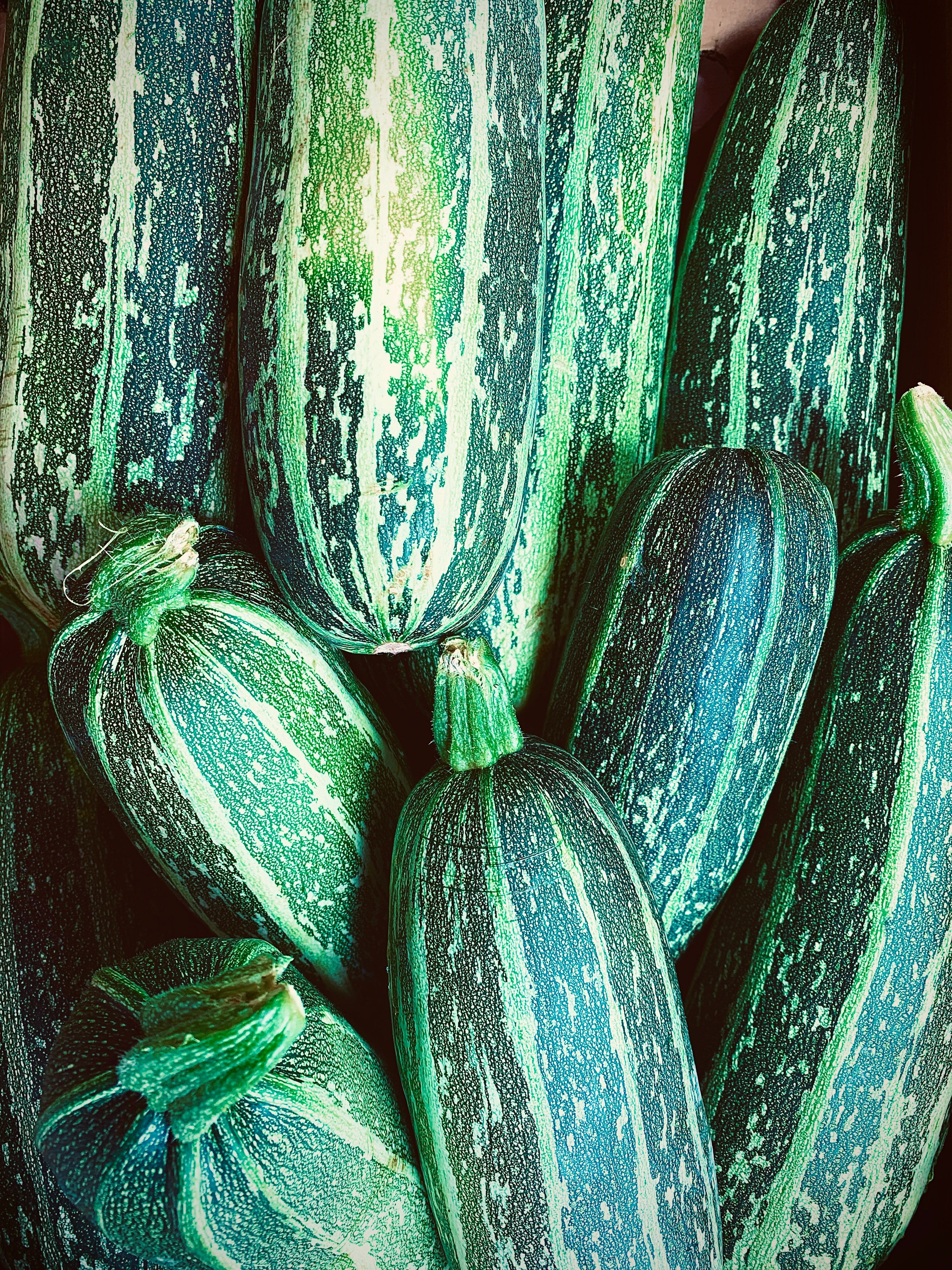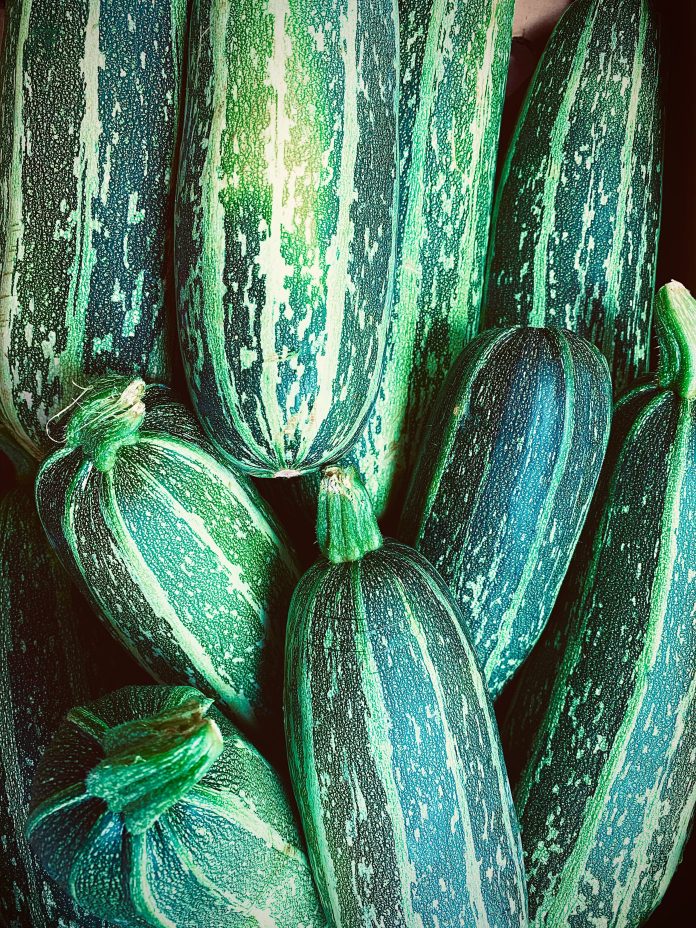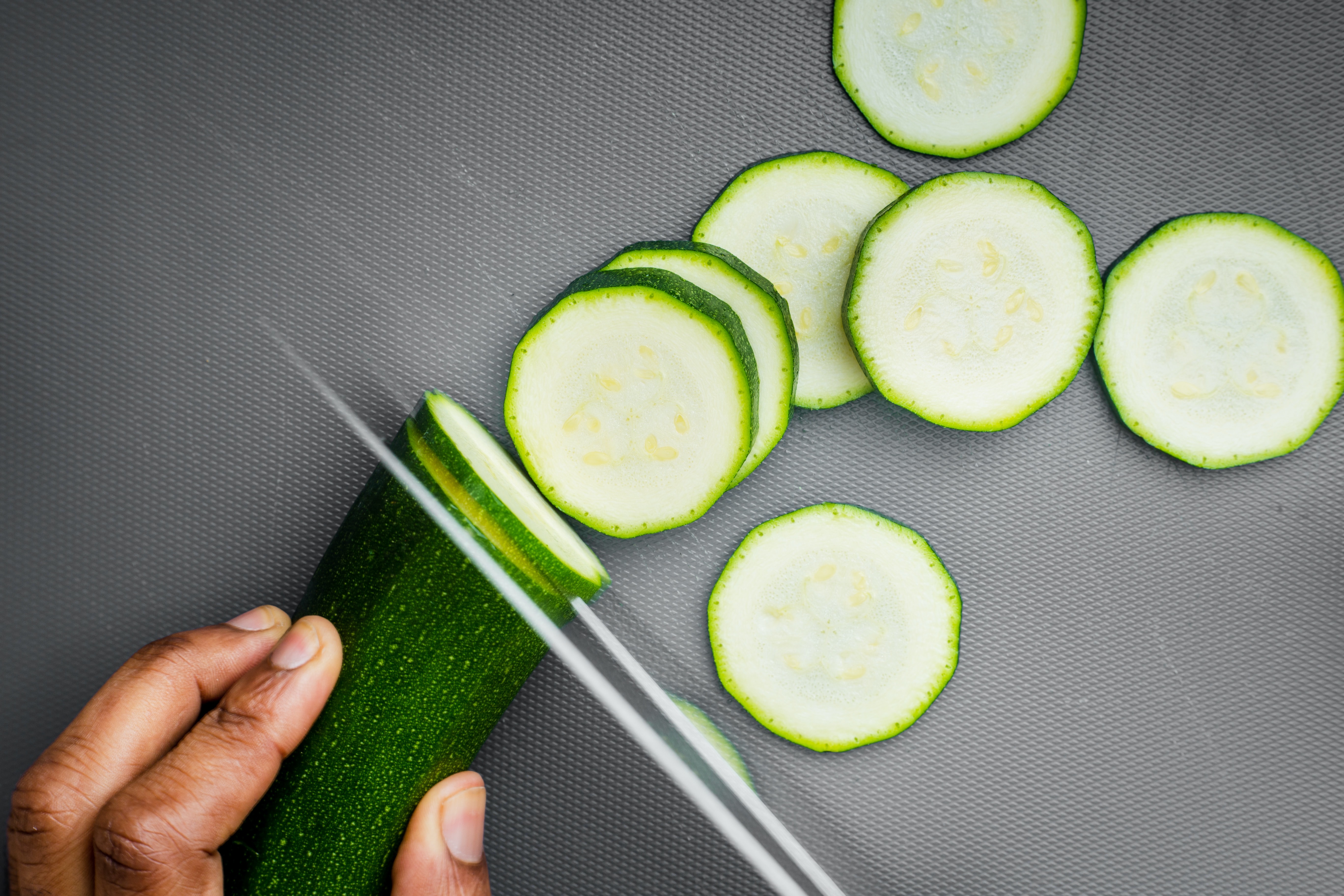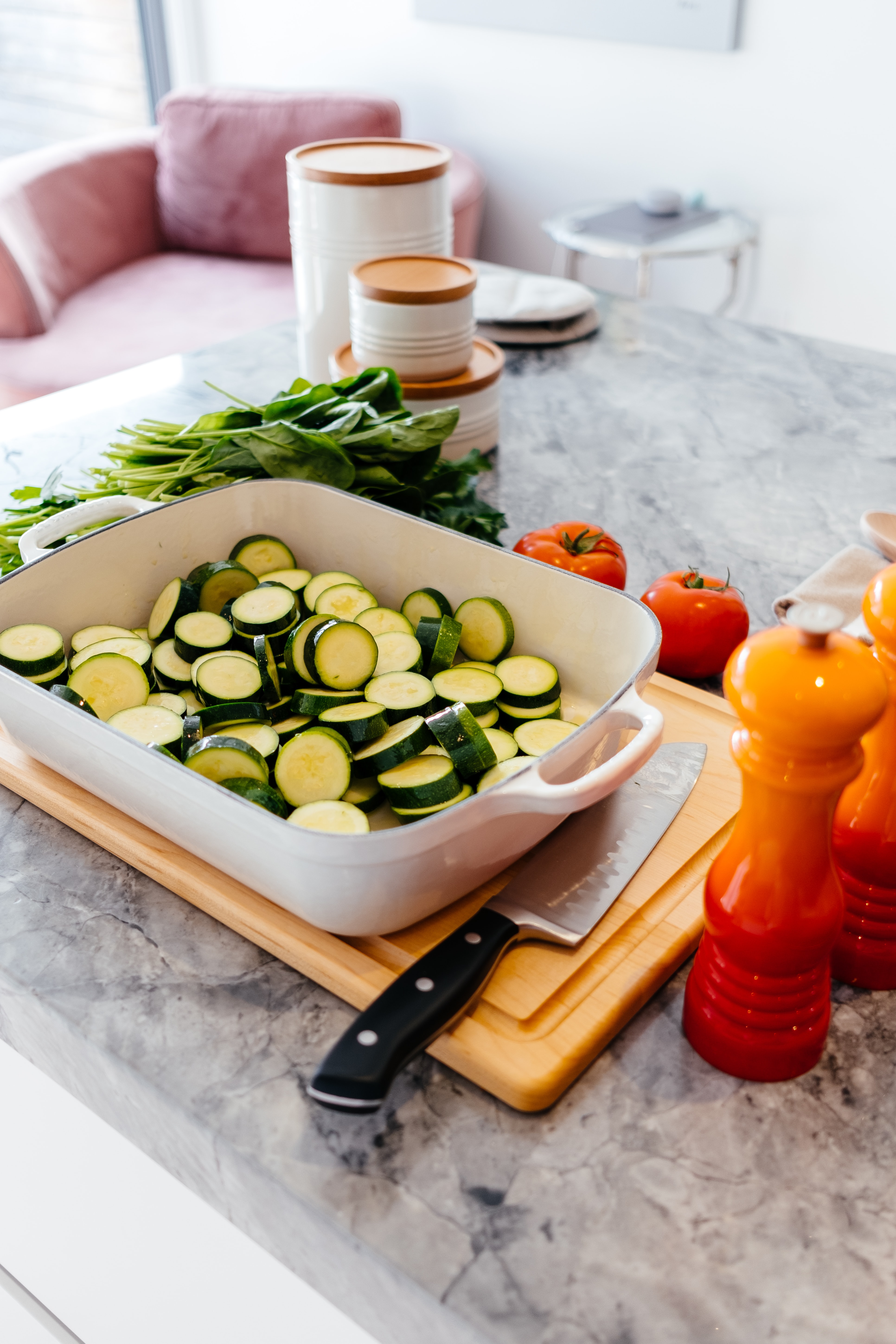Vegetable gardens are often full of zucchini in the summer. However, most people do not appreciate the value of this summer fruit vegetable. Most people avoid consuming this vegetable for aesthetic reasons. However, this fruit vegetable has several benefits, most of which are unknown.

Zucchini in a nutshell
Zucchini is a summer vegetable full of nutrients (provided it is consumed during the season). The fruit-vegetable is quite similar to tomatoes, avocado, olive and cucumber. It is great if you are looking to consume foods rich in carbohydrates.
Zucchini is rich in copper and manganese. Copper represents about 20% of our daily intake and helps to maintain our bones and tissues. Manganese, on the other hand, regulates blood sugar. Manganese constitutes 19% of our daily intake. Zucchini is a complete food with fibre, vitamins, calcium, magnesium, zinc and iron.
What are the little-known benefits of zucchini?
Zucchini contributes to weight loss
Yes, you are not dreaming; zucchini contributes to weight loss. This fruit-vegetable is low in calories but high in fibre, and it allows you to burn fat quickly while rehydrating the body and increasing the feeling of fullness. So you can always increase your intake of zucchini if you are looking to cut some weight.
Zucchini is ideal for protecting dry skin
Zucchini has high vitamin E content which helps to prevent skin ageing. So, if you have dry skin or suffer from sunburn, you can apply unpeeled zucchini slices to the affected areas. This will significantly relieve the pain.
Zucchini seeds are magic
Zucchini seeds have magical benefits for your health. Indeed, if you suffer from bladder disorder or digestive problems, you can consume it several times during the day. As zucchini is rich in fibre, it prevents constipation. You can either chew the seeds gently or juice them. For the latter case, it is best to consume on an empty stomach.
How to cook zucchini properly?
To reap all the benefits of zucchini, you need to know how to cook it well. Consuming this fruit vegetable raw will allow you to benefit from vitamins, manganese, potassium and flavonoids. In that case, you can pair it with a tomato and cheese salad.
The cooked zucchini, meanwhile, contains more water and fiber. However, it contains less carbohydrates and vitamins. You can always incorporate zucchini when making ratatouille, pie, mash, lasagna or omelets.
Children should consume 100 grams of zucchini per day, while adolescents and adults should consume a daily portion of 150 grams. However, whether you eat it raw or cooked and regardless of the portion, try to eat it with the skin on so that you can fully enjoy all of its benefits.
















